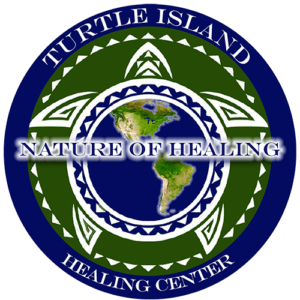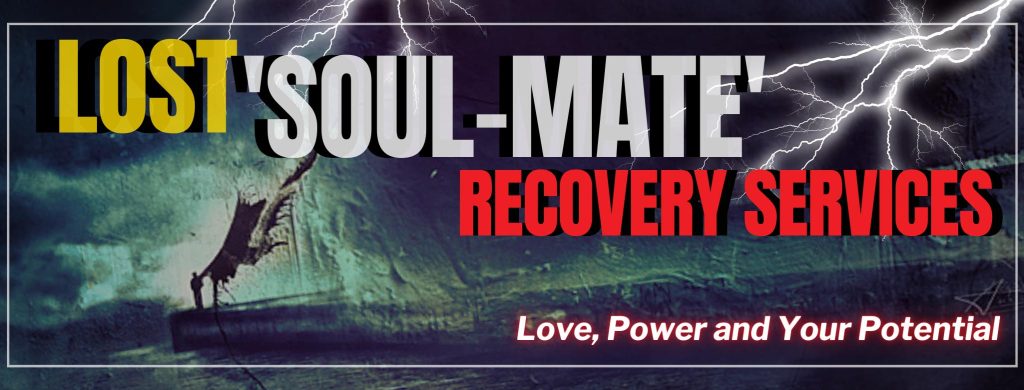Food Insecurity and RFID
By Rosanne Lindsay, Traditional Naturopath
When two words: food and security, are combined, Food Security is hatched. This means people have access to nutritious food.
However, lately, nothing is how it appears.
Access to food is a human right, but it is not a given. In a world where all food must be “legal,” federal overreach is at the foundation of access to real food. We have come to the time where states must pass “right to garden” laws to protect a human’s right to plant food in his own backyard.
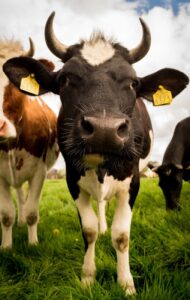 When people are restricted from growing or accessing food, at the whim of city, state, county, or federal laws, then have people lost innate rights?
When people are restricted from growing or accessing food, at the whim of city, state, county, or federal laws, then have people lost innate rights?
The prevailing term today is Food Insecurity. That’s when government restricts access to food, by:
- culling herds of cattle, chickens, and pigs that result in food shortages,
- burying federal legislation (PRIME Act) that would make it easier for small farms to serve customers, and
- enacting mandates that require electronic IDs in all livestock.
Digitizing Life and Livestock
Since the 1990, electronic ID (EID) technology has been promoted for animals. Since 2011, an RFID-based tracking system for the elderly has been promoted. Since 2014, they are called Smart Solutions with wireless sensor networks.
For more than a decade, the USDA has pushed a mandate for radio frequency identification (RFID) in tracking disease in livestock animals. Now, a newly proposed rule will soon be required for the interstate moooovement of some cattle and bison!
The government’s proposed rule is part of the 2013 Animal Disease Traceability regulation. It is not getting much play in the media because 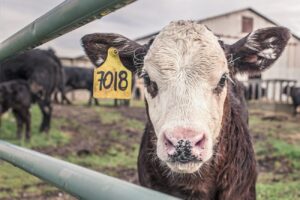 over the years, consumers have pushed back against RFID in favor of alternative identification techniques (tags, tattoos).
over the years, consumers have pushed back against RFID in favor of alternative identification techniques (tags, tattoos).
There are known and unknown health concerns to animal and human health. Evidence from the 1990s linked RFIDs to cancer.
There are known knowns. These are things we know that we know. There are known unknowns. That is to say, there are things that we know we don’t know. But there are also unknown unknowns. There are things we don’t know we don’t know. —
Donald Rumsfeld
This proposed final rule would make electronic ID the only official ID for cattle/bison crossing state lines for independent ranchers, alone. Not for all ranchers. Without alternatives, RFID program costs of nearly $2 billion to industry would be excessive and put most ranchers out of business. It would cost $26 million per year just to enforce.
What if people knew that regulators have attempted to circumvent requirements of the legal process to push forward the digitization of meat? Would anyone care?
RFID is Surveillance and Control
Food Freedom activist and advocate, Liz Reitzig, blogs and hosts a podcast about food security. She recently spoke with Congresswoman Rep. Hageman on her podcast Nourishing Liberty.
Rep. Hageman is one of few lawmakers working on behalf of independent meat producers and consumers. She says the risk of disease is not found in pastured animals, but prevalent in confinement feedlot operations. With only independent producers (11% of producers), subject to the rule, it means that RFID is not about traceability, but surveillance and control. It will reduce cattle production and increase prices.
If you don’t do traceability for 100% of the livestock then your entire program fails to operate… The rule will never be effective. – Rep. Hageman.
So what is the purpose of the rule? Disease traceability or something else?
Rep. Hagemon makes two points about Ireland’s program: “1 ) By early of 2022, Ireland adopted an RFID mandate for their cattle. 2) By August of 2023, Ireland was ordering the slaughter of 41,00 head of cows. Not because of a disease outbreak, but because of Global Warming.”
Anybody who thinks that this isn’t about controlling our food supply and limiting our food supply, and restricting people’s choices in terms of being able to buy and consume meat is not paying attention.
Why should you care? Read Rep. Hageman’s opinion here.
As of May 2024, Sen. Mike Rounds also introduced a bill to prevent the mandatory use of EID in cattle.
South Dakota cattle producers don’t need DC bureaucrats telling them how to manage and track their livestock.— Sen. Mike Rounds,
(R-S.D., May 8, 2024
First they Digitized the Animals
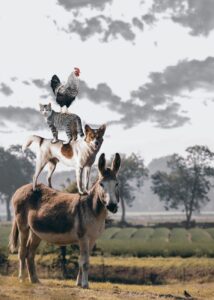 Questions to Ponder:
Questions to Ponder:
Why require U.S. producers to have onerous requirements of EID, when foreign countries export animals to the U.S. without the same U.S. standards?
Four major international packers form a monopoly that have captured the USDA to sponsor the RFID rule. Is the meat purchased in the U.S. grown in the U.S?
The rule targets only independent ranchers, not feedlots. Does this type of discrimination force out feedlot competition?
Concentrating livestock in feedlots is the same as urbanizing humans into 15-Minute cities. Are humans next to be herded into a 15-minute open-air, feedlot city?
The price of meat is increasing by federal “climate change” policies that erode local and state economies. This limits the ability to feed ourselves. Are we to go meatless? Eat insects instead?
The rule requires a schedule of vaccines. Without complying with the mandate, animals will not be marketable, and meat will not be sold. Are we ready to eat meat tainted with mRNA? What if the rule-based diseases are vaccine-induced?
Pork and poultry industries have already been vertically integrated into the program. Cattle and bison are next. Are we ready to adopt the “less diversity is more” narrative?
There are still independent cattlemen across the U.S. who provide food security. But not for long. With the mandate, diversity and security would go away. Is it too late to make a difference? Too late to trust a politician?
Ways to Get Involved
While not all ways to become involved are proven to be effective, especially when it comes to bureaucracy in government, Rep. Hageman seeks to defund the EIB bill, rendering is moot. Here are some ways to become activated if you choose:
Contact your representative in Congress to support the Hageman Amendment #78 to H.R. 4368 to defund EID for Cattle, and support Sen. Mike Rounds’ Bill.
Copyright © 2024 Nature of Healing | All Rights Reserved |



 www.natureofhealing.org
www.natureofhealing.org